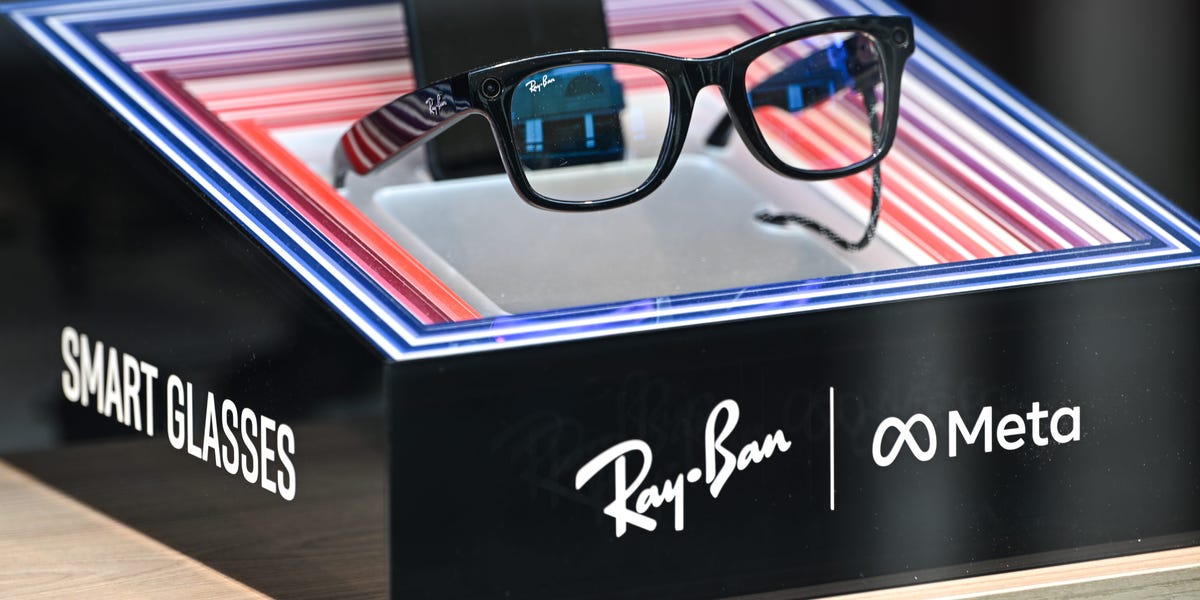The future of smart glasses as a replacement for smartphones remains uncertain, according to Meta’s Chief Technology Officer. While the technology holds promise, the transition appears to be more of a gradual evolution than an immediate revolution.
During a recent Bloomberg Tech summit in San Francisco, Andrew Bosworth, Meta’s CTO, expressed skepticism about smart glasses replacing smartphones anytime soon. “That’s ways off,” Bosworth stated, emphasizing the current dominance and convenience of smartphones.
Bosworth highlighted the deeply integrated ecosystem of software surrounding smartphones, which complicates a swift transition to smart glasses. “We are used to them,” he remarked, noting the challenges in shifting consumer habits swiftly.
While he acknowledged the potential of smart glasses in specific scenarios, such as concerts, Bosworth also critiqued the design of rival products. He praised the engineering behind Apple’s Vision Pro headset but pointed out its weight as a significant oversight. “It’s not until the second or third generation that you really figure out and hone the thing,” he noted.
Meta’s CEO, Mark Zuckerberg, shares a similar viewpoint. In a podcast with The Verge, he remarked, “It’s not like we’re going to throw away our phones,” suggesting a gradual shift towards smart glasses rather than an abrupt replacement.
Zuckerberg has indicated that 2025 could be a pivotal year for the industry, potentially marking smart glasses as “the next computing platform.” Meta’s partnership with EssilorLuxottica on the Ray-Ban Meta Smart Glasses reflects this ambition. Since 2023, 2 million pairs have been sold, with plans to produce 10 million annually by 2026, according to EssilorLuxottica’s CEO, Francesco Milleri.






